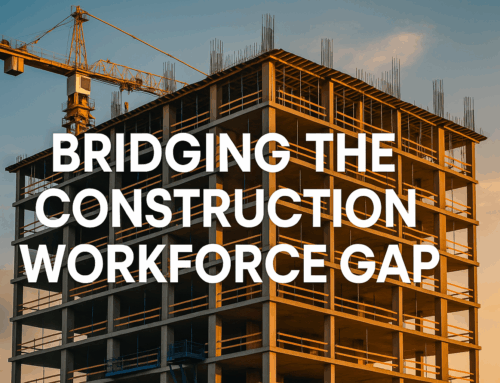One of the best ways to improve team culture is through positive reinforcement. It’s a powerful leadership tool because it promotes a rewarding work environment where employees flourish and achieve their goals, versus merely being present and completing only the basic functions of their construction jobs. But you still have to know how, when and where to use it if you want to see results. So, we took the initiative to create the following positive reinforcement playbook to help you understand exactly what it is and why it matters so much to improve team culture.
The Basics of Positive Reinforcement
The concept of positive reinforcement was studied in depth by American psychologist B.F. Skinner back in 1938. His operant learning theory suggests that we should reward the behaviors that we want to see repeated. It can be transitioned into the workplace by catching employees doing things right and providing them with positive reinforcement. It can be broken down even more into natural and social reinforcement as well. Natural reinforcement happens automatically when employees get something right and feel a sense of accomplishment without any formal recognition from leaders, coworkers, etc. It becomes almost inevitable if you provide employees with the right training and tools. Social reinforcement is typically found in group work environments where positive behaviors are recognized by others.
Examples of Positive Reinforcement
The biggest mistake that construction leaders make is assuming that employees know they are doing a good job. But if you don’t praise their efforts, and catch them doing well on a regular basis, they are more likely to start looking for a new construction career somewhere else. Here some steps that you can take to improve positive reinforcement:
- Support self-efficacy. From providing regular positive feedback for quality work and opportunities for advancement to flexible work assignments and inspiring guest speakers, there are a variety of ways to empower a workforce.
- Match monetary rewards with performance. Exceptional employees should be rewarded with competitive salaries, bonuses, additional paid-time-off, discounts, etc.
- Promote a comfortable work environment. Leaders need to survey their employees regarding what motivates them. Older generations might have been inspired by workplace travel opportunities, but new generations entering the workforce for the first time might desire more flexibility like work from home opportunities.
Team culture is the first thing that suffers when leaders only focus on things that employees are doing wrong. It’s better in both society and the workplace to catch people doing things right and reward them accordingly.
How can we help you?
Searching for an opportunity in the construction industry? Contact The Birmingham Group’s team of seasoned commercial construction recruiters today to discuss your career path or browse our open positions.
Are you a hiring authority in need of construction talent? Submit a search request today.
–





